When you’re wrestling with alcohol addiction, every amount of help matters. One of the less-understood aides in alcohol addiction is Medication-Assisted Treatment (MAT). MAT combines medication with therapy to ease the physical aspect of alcohol addiction while giving the mind room to breathe. Here’s what MAT for alcohol addiction does—and why it can make a profound difference, especially for those in outpatient treatment.
Understanding MAT for Alcohol Addiction: What Does MAT Do?
MAT doesn’t just take away the craving; it gently reintroduces the brain to balance.
Alcohol addiction carves pathways in the brain that make us feel we need alcohol to function, to feel normal. MAT disrupts that pattern, allowing the mind and body to slowly remember what health feels like. Here’s how it works:
- Neurochemical Reset: Certain MAT medications, like naltrexone, block the brain’s “reward” receptors that are engaged when alcohol enters the system. This lessens that gripping “need” for alcohol, cutting off your addiction’s main sources of fuel.
- Support During Withdrawal: Acamprosate stabilizes brain chemistry; it smooths out symptoms like anxiety and restlessness during detox. In those early days of recovery, it can feel like a lifesaver.
- Encouraging Abstinence: Disulfiram, another MAT option, gives you an adverse reaction to alcohol. You regret the choice pretty quickly as the nausea comes from drinking.
The Benefits of MAT in an Outpatient Environment
Outpatient treatment gives people a chance to rebuild their lives while still receiving consistent support, and MAT is a perfect fit for this kind of care. For many, the idea of leaving home for treatment feels overwhelming. There’s work to think about, family, bills—life doesn’t just stop. Outpatient MAT offers a solution that works within the context of real life.
The beauty of MAT in outpatient care is its balance of structure and freedom. You don’t have to put life on pause to heal. Instead, you integrate recovery into your daily routines, finding a pathway that fits. Here’s why MAT thrives in an outpatient setting:
- Flexibility: Outpatient MAT adapts to you. It lets you weave support into the life you’re living. You can show up for your obligations while still getting the necessary help to stay alcohol-free.
- Ongoing, Real-Time Support: Instead of one-and-done visits, outpatient MAT means regular check-ins with your healthcare team. They can adjust medications or offer more support. If a challenge comes up, you have a team ready to help you recalibrate quickly.
- Community-Based Healing: Outpatient treatment typically includes counseling, peer support groups, and connections to local resources. This becomes a safety net for you. It’s the extra added protection you can count of if your day is going sideways. This communal aspect helps break the isolation that comes with alcohol addiction, letting you see that you’re not alone.
Qualified Medical Oversight in MAT for Alcohol Addiction
One of the things that makes MAT so effective—and so much less daunting—is having a medical team there to guide you. Think of it as having someone who understands the ins and outs of both the body and the mind, who knows what it takes to untangle alcohol’s grip on your system safely.
With qualified medical oversight, MAT becomes a more personal experience. Instead of a one-size-fits-all approach, you get a treatment plan that’s tailored to your unique body, your history with alcohol, even how you respond to stress.
Medical professionals are there not just to prescribe but to notice, to adjust, to respond as your body and brain adapt to sobriety. You don’t have to guess or handle everything alone—they’re paying attention, catching the things that make a big difference in the process.
The beauty of this oversight is that it allows MAT to be flexible, alive to your needs in real-time. And maybe, most importantly, it provides a sense of reassurance—a reminder that, even in the hardest moments, you’re not going through this alone. Qualified medical professionals know what recovery asks of you, and they’re ready to help lighten that load.
Making the Most of MAT for Alcohol Addiction
For MAT to be most effective, it helps to stick to a couple simple guidelines. These are your anchors as the waves swell around you:
- Consistency with Medication: Keeping to your prescription schedule gives your brain the chance to heal, a little at a time.
- Commitment to Therapy: Therapy helps turn those gradual changes into lasting ones, teaching you how to handle emotions and cravings with more resilience.
In Summary: What Does MAT for Alcohol Addiction Do?
MAT doesn’t promise miracles, but it does offer something profoundly hopeful: a foundation. By quieting cravings and stabilizing mood, it gives people the space to approach recovery with a steadier, clearer mind. And in outpatient settings, MAT offers an adaptable path forward, one that lets you rebuild your life without stepping out of it.
If you or someone you care about is struggling with alcohol addiction, consider exploring Medication-Assisted Treatment. If you want to know more about this powerful and trusted approach to alcohol use disorder, call Peninsula Health Center today: 866-934-8228.






